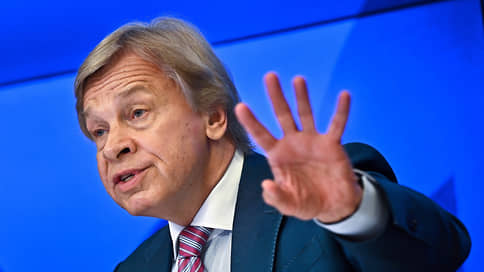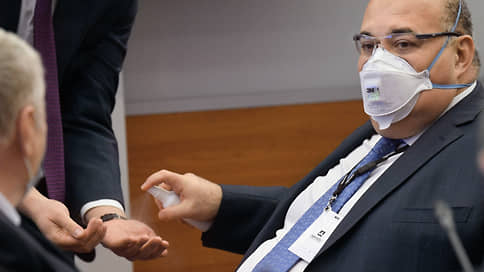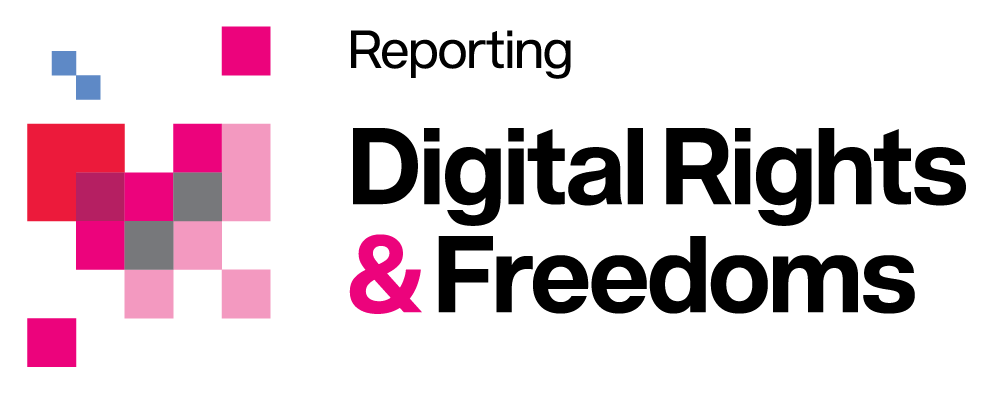The State Duma discussed the information confrontation with the West

On February 27, the Commission of the Federation Council on Information Policy and Media Interaction held an expanded meeting, during which senators and State Duma deputies discussed shifts in the Western Information Landscape. Parliamentarians agreed that the emerging normalization of relations between Russia and the United States has not yet indicated a revision of a global strategy aimed at continuing the “New Cold War”, and also called on Russians not to fall into “naive optimism”.
Three key shifts were listed by the chairman of the commission Alexei Pushkov. The first is the recognition of the Western media in the impossibility of the victory of Ukraine. The second is the recognition that Ukraine is the « client » of the West, that is, an unambiguous player. And finally, the third is the awareness of the corruption of the Ukrainian regime.
However, all these shifts so far relate only to coverage the situation on the battlefield, Mr. Pushkov continued: “Review of the Western strategy, primarily the European Union, is not observed. Trump (US President Donald Trump. – « Kommersant ») – this is a separate story, and even in the American media treat it as a certain aberration. » According to the senator, the need and inevitability of the “New Cold War” is still not called in the West by anyone in the West: “The picture of the global confrontation of world democracy is supported, where Ukraine and world authoritarianism are turned on.”
Alexei Pushkov admitted that Western attitudes are prone to “erosion”, giving an example to the decline in the level of trust of the Americans to the media ministry from 72% to 31% over the past 20 years.
But he warned that it was premature to talk about the “information revolution” in the West, because the media still play a key role in the continuation of the “Ice War”: “An agreement on Ukraine will not lead to instant discharge. If there is a discharge, then only with the states. How long is the issue of domestic American politics. ”
The head of the State Duma Committee on Information Policy, Sergei Boyarsky, complained to the “naive optimism” of Russian journalists, who, after the first Russian-American contacts, began to ask the question, “when the long-awaited Instagram, Facebook (both social networks belong to META, which was recognized as an extremist organization and prohibited in the Russian Federation. « Kommersant ») when you unlock YouTube. ”
According to Sergei Boyarsky, each of the listed platforms had “its own causes of slowing or leaving the market”, which “are in no way connected with politics.”
All claims to them-from the lack of localization of personal data to the engaging search results and refusing to remove the forbidden content-are preserved, therefore, “there is no question of anyway, the deputy assured:“ We had three years to remove pink glasses and understand that no one wants to truly be friends in digital space. ”
Mr. Boyarsky recalled that Russian social networks did a tremendous work on import substitution of services that “slammed the door and gone, or capricious, or did not serve their own servers,” so the task of the authorities now is to ensure their patronage. “The benefit with digital sovereignty is everything in order from the point of view of public services. And we’ll deal with the video player and the messenger somehow, ”he added.
Summarizing, the deputy urged the Russians to « not fall into naive optimism »: « I am not waiting for a sharp warming in the digital sphere. »
The line under the discussion was brought by the official representative of the Russian Foreign Ministry, Maria Zakharova, who joined the warnings that sounded to the Russians about “false optimism”. She also compared Western media with the “information tentacles”, which intervene in the internal affairs of other states and are engaged in “information and political gazlaling”.






